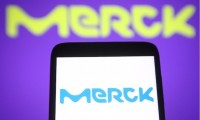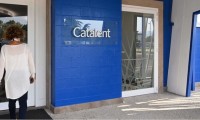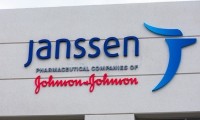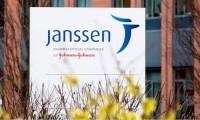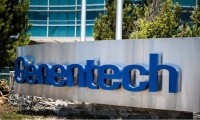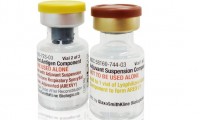-
Merck KGaA links with BenevolentAI and Exscientia to expand AI capabilities
- Source: drugdu
- 115
- September 22, 2023
-
As Lonza CEO departs, Catalent scoops up rival CDMO’s bioscience business head to lead biologics
- Source: drugdu
- 99
- September 20, 2023
-
Janssen’s patient programme becomes latest victim of data breach
- Source: drugdu
- 105
- September 11, 2023
-
Astellas withdraws IRA lawsuit after avoiding CMS’ price negotiations list
- Source: drugdu
- 189
- September 8, 2023
-
J&J’s patient assistance program suffers data breach, IBM says
- Source: drugdu
- 115
- September 8, 2023
-
Following in Tecentriq’s footsteps, Alecensa gives Roche another win in early-stage lung cancer
- Source: drugdu
- 117
- September 6, 2023
-
BioNTech, DualityBio Move ADC into Phase III for HER2-Low Breast Cancer
- Source: drugdu
- 110
- September 5, 2023
-
CMS
- Source: drugdu
- 94
- August 31, 2023
-
Pfizer’s RSV vaccine granted EC approval to protect infants and older adults
- Source: drugdu
- 126
- August 30, 2023
-
GSK stays a step ahead in RSV vaccine battle as Arexvy becomes available at US pharmacies
- Source: drugdu
- 173
- August 19, 2023
your submission has already been received.
OK
Subscribe
Please enter a valid Email address!
Submit
The most relevant industry news & insight will be sent to you every two weeks.

